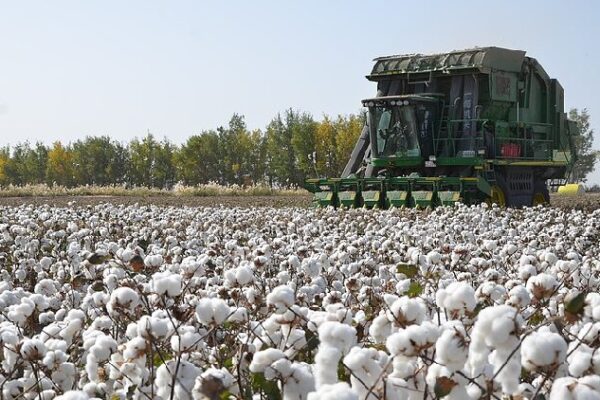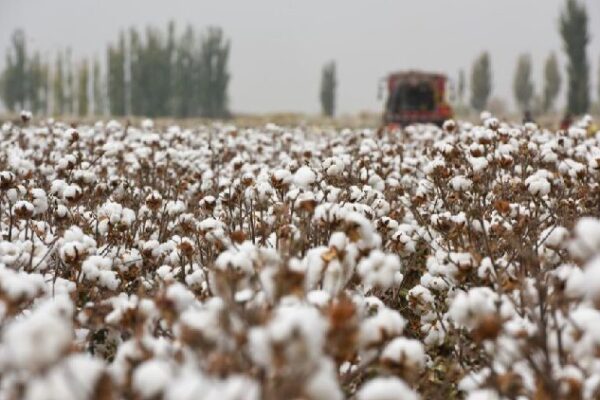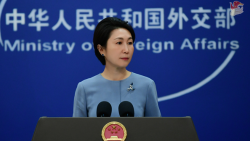The United States Department of Homeland Security has added 37 Chinese companies to its Uygur Forced Labor Prevention Act (UFLPA) Entity List, marking the largest single expansion of the list to date.
The U.S. alleges that these companies are involved in forced labor practices in the Xinjiang Uygur Autonomous Region. This move has raised concerns about potential disruptions to global supply chains and the impact on international trade.
Xinjiang is a vital hub for the production of essential raw materials like polysilicon, long-staple cotton, and colored cotton. These materials are integral to industries worldwide, including technology and textiles. Critics argue that the sanctions could lead to instability in global markets and negatively affect the livelihoods of residents in Xinjiang.
Many fear that the sanctions might cause job losses and hinder economic development in the region. There are calls for a more balanced approach that addresses human rights concerns without harming the local population’s right to work and prosper.
The situation highlights the complex relationship between international politics and global commerce. As tensions rise, it’s crucial for global leaders to engage in dialogue to ensure that measures taken do not inadvertently affect innocent communities and disrupt international cooperation.
Reference(s):
Underlying hegemonic intent: U.S.'s arbitrary Xinjiang sanctions
cgtn.com








